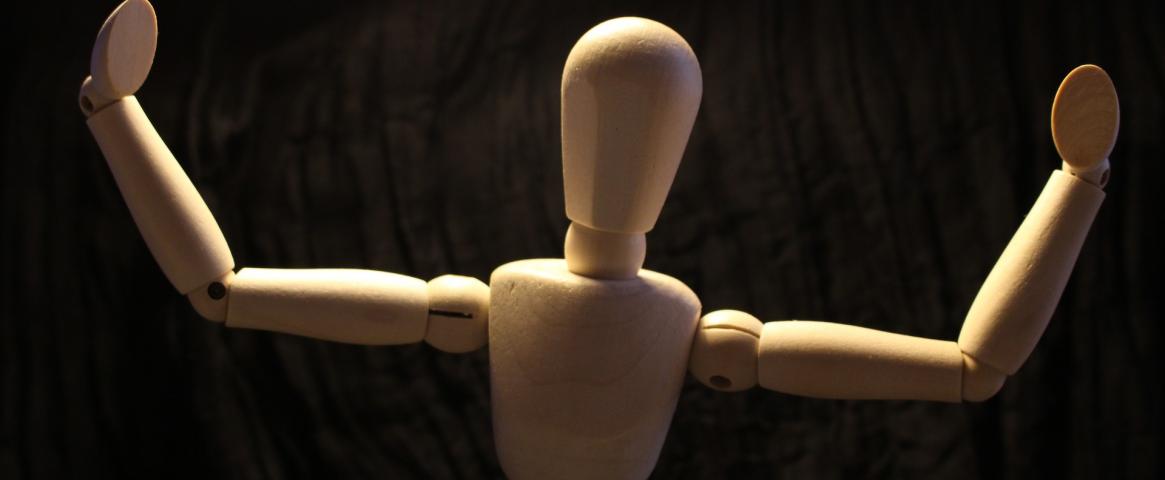Scientists are trained to park their personal feelings at the door when they come to work and plan their experiments. It’s easy for science writers to follow suit, but in doing that are they missing key story elements such as conflict and resolution, drama, and emotions?
The organizers of a two-day, intensive workshop to be held in Santa Fe August 3 and 4 are using improv—live performance in which the plot, characters, dialogue, and movements develop in the moment—to help science writers become better storytellers. A condensed version of the workshop will be offered at ScienceWriters2019 in State College, Pa.
The workshop was developed by Katherine Mast, a writer and editor for the Santa Fe Institute and freelance science writer; Allison Mills, associate director of research news at Michigan Technological University; and Phil Weaver-Stoesz, a theater director and performing arts educator. Support comes from a $4,900 Peggy Girshman Idea Grant from NASW.
“Learning to observe how our own bodies and emotions respond and behave can remind science writers to see the room instead of just the equipment; the human instead of just the researcher; the larger story instead of just the science,” Mills said.
Despite extensive preparation for interviews, Mast used to feel flustered or miss follow-up questions that required thinking on her feet. Then she discovered improvisation though InterPlay, an arts organization that uses structured “forms” like babbling with a partner, off-the-cuff three-sentence stories, and hand dances with a partner.
“Practicing Interplay forms like babbling, which invites one person to simply listen as their partner speaks, has helped me learn to be more present during interviews. The three-sentence-story form is an exercise in quickly distilling the narrative arc and heart of what you want to say—I often do this on my own now before I sit down to write a pitch or draft a story,” Mast said.
In addition to Mast’s InterPlay session, Mills, a dance instructor, will lead a contact improv session that focuses on communication between people’s bodies. Weaver-Stoesz will host a session on the critical response process and how it can help science writers identify and weed out personal biases in their questions.
“This is an opportunity for science writers to get out of our critical, intensely focused brains by using movement, storytelling, and voice in creative ways, learn to read others’ body language for better communication, and find ways to confidently interact with unexpected material on the fly,” Mast said.
For more information and to register, visit sciwriimprov.com

